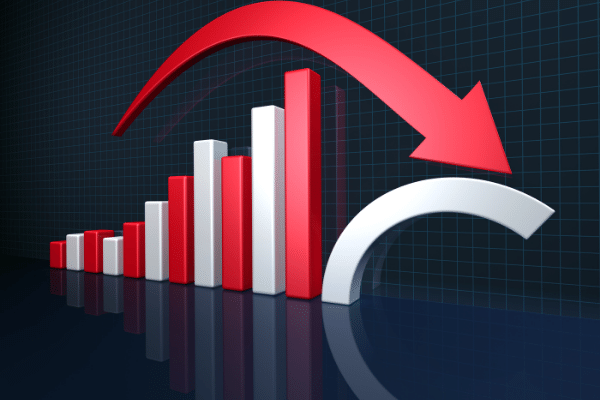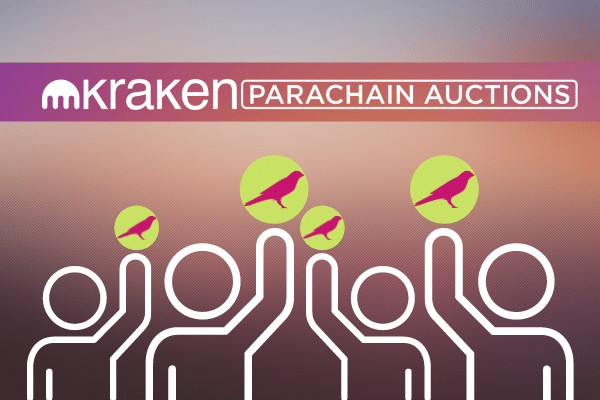
- Top executives are buying the dip on their own stocks, a potential sign that a bottom may habe been reached.
- Pace of insider buying comparable with 2018 and portends well for investors looking for some respite in the volatile markets.
“Be greedy when others are fearful.”
– Warren Buffett
It’s easier said than done, to be “greedy when others are fearful,” especially when it comes to investing, because of information asymmetry.
Without visibility into the prospects of a company, the macroeconomic conditions and the long-term trend of things like interest rates and inflation, investors, particularly retail, are understandably taken at a disadvantage when making short-term portfolio decisions.
Which is why few retail investors are advised to become traders, most are better off becoming long-term investors who hold their portfolios for years.
But some investors do have greater insight into prospects, and perhaps more so than others – the corporate executives who work for the very companies whose shares have been hammered by market conditions.
And over the past month, the “sell in May and go away” adage apparently fell on deaf ears when it came to executives as some of America’s largest listed companies.
According to data from VerityData, insider buying at S&P 500 companies has been the strongest since March 2020, when the pandemic first caused market panic.
Retail investors, once again, have been pulling out of the stock market amidst the looming threat of a slowdown or recession.
Some analysts suggest that insider buying has historically been a good sign of market bottoms and this makes sense.
As insiders are privy to prospects and products, costs and challenges, outlook and overruns, they are best-placed to know the value of the stocks of their companies relative to what the market thinks.
Take Starbucks (+2.33%) for instance, whose shares are down about 35% since the start of this year – interim CEO Howard Schultz, the founder of the company who has returned, bought shares for the first time since 2018.
RingCentral (-4.10%), a web-based app company that replaces landline phones saw its co-founder and CEO snap up US$1.2 million on his first stock purchase since the company went public in 2013 – shares in RingCentral are down by more than 60% this year alone.
Starbucks and RingCentral are hardly the only companies whose top executives have been snapping up shares on the dip, Intel (-0.29%), Asana (-4.69%), Ford (+0.48%), GameStop (-9.02%), Eastman Kodak (+0.43%), the list is long of companies whose insiders feel that prices have come down enough to jump back in.



